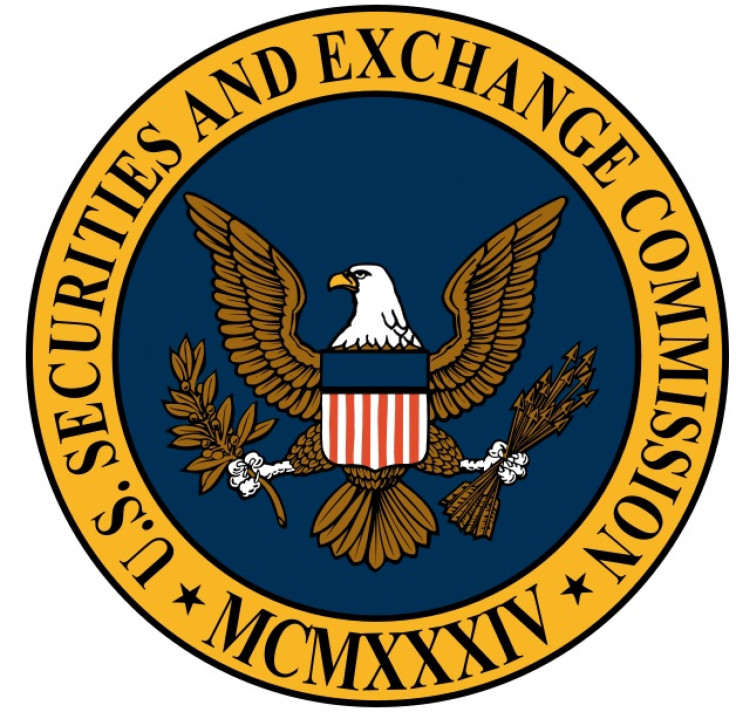Netflix CEO Reed Hastings Cleared By SEC, Agency Says Social Media And Fair Disclosure Is OK [FULL STATEMENT]


The U.S. Securities and Exchange Commission, or SEC, made a landmark decision Tuesday afternoon when it said that corporations or their executives can use Facebook, Twitter or other social media platforms as a way of circulating corporate information.
The decision was made after Netlix, Inc. (Nasdaq: NFLX) CEO Reed Hastings caused much controversy when he shared corporate news via Facebook. Reed had disclosed that Netflix had more than 1 billion hours of streaming video in a month. After the stock jumped seemingly in response to the news, many questions were raised as to whether corporate executives or companies sharing information via Twitter or other social media platforms is a violation of fair disclosure laws.
In December, the SEC said it was considering bringing charges against Hastings. But after deliberating on the issue for several months, the agency today came to the conclusion that sharing corporate information via social media is OK.
The SEC added that it was “determined not to pursue an enforcement action” against the Netflix CEO.
Below is the SEC’s full statement on social media and fair disclosure:
"The Securities and Exchange Commission today issued a report that makes clear that companies can use social media outlets like Facebook and Twitter to announce key information in compliance with Regulation Fair Disclosure (Regulation FD) so long as investors have been alerted about which social media will be used to disseminate such information.
"The SEC’s report of investigation confirms that Regulation FD applies to social media and other emerging means of communication used by public companies the same way it applies to company websites. The SEC issued guidance in 2008 clarifying that websites can serve as an effective means for disseminating information to investors if they’ve been made aware that’s where to look for it. Today’s report clarifies that company communications made through social media channels could constitute selective disclosures and, therefore, require careful Regulation FD analysis.
“One set of shareholders should not be able to get a jump on other shareholders just because the company is selectively disclosing important information,” George Canellos, acting director of the SEC’s Division of Enforcement, said. “Most social media are perfectly suitable methods for communicating with investors but not if the access is restricted or if investors don’t know that’s where they need to turn to get the latest news.”
© Copyright IBTimes 2024. All rights reserved.












